MINNEAPOLIS, U.S.: University of Minnesota researchers have studied how oral bacteria adhere to surfaces and develop biofilms in the oral cavity. In the course of the study, they discovered a previously unknown signaling pathway that regulates surface proteins on bacteria. The research team is hopeful that the results of the study could help identify new targets for antibiotics.
The aim of the study was to learn whether and how the bacterial cells might adjust their adhesive surface proteins. The researchers collected whole unstimulated saliva and supragingival plaque samples from five adult volunteers on at least two occasions. Volunteers were asked not to brush their teeth for 24 hours before each sample collection.
In the course of the study, the researchers discovered a previously unknown circuit that is embedded in the cell membrane and can signal for changes in the surface adhesive proteins. This circuit appears to be conserved among a subset of Gram-positive bacteria. According to the researchers, the intramembrane bacterial signaling system calls for different surface proteins to compensate in the absence of primary surface proteins and provides compensatory biofilm formation.
Such a mechanism appears to function both in microbial communities in vitro and in the human mouth. Genes encoding surface adhesive proteins differ when the bacteria are recovered from saliva versus dental plaque in the same person concurrently. When activated, this circuit rescued biofilm formation, helping bacteria to survive in dental plaque. “Discovering this previously unknown signaling pathway that regulates surface proteins on bacteria may help us to understand better how complex microbial communities develop and offer new targets for antibiotics,” said Dr. Mark Herzberg, a professor in the Department of Oral Sciences at the University of Minnesota School of Dentistry and a member of the Masonic Cancer Center at the university.
The study, titled “An intramembrane sensory circuit monitors sortase A–mediated processing of streptococcal adhesins,” was published on May 7, 2019, in Science Signaling.
Tags:
HONG KONG, China/BERKELEY, Calif., US: A study led by researchers in China has recently examined the impact of the oral microbiota on overall health. The ...
SEATTLE, U.S.: Biofilm buildup can lead to many oral health issues, including gingivitis, periodontitis and tooth loss, as well as other serious health ...
LEIPZIG, Germany: Statistical tracking has been a priority for the governments of Scandinavian countries in recent years, detailed records being kept on ...
BERLIN, Germany: Imaging techniques based on neutron beams are rapidly developing and have become versatile non-destructive analysing tools in many fields ...
ANN ARBOR, Mich., US: As the number of dental implants placed globally continues to rise, so too does the clinical significance of understanding ...
YEREVAN, Armenia: While the digitisation of dentistry continues to progress steadily throughout regions with highly advanced capitalist economies, a book ...
LOS ANGELES, U.S.: Since current head and neck cancer staging systems include lymph node size and laterality, but focus less on the total number of positive...
DURHAM, N.C., U.S.: In a recent study, researchers from Duke University in Durham have found that the walking speed of 45-year-olds can reveal a ...
AMMAN, Jordan: As artificial intelligence continues to expand its role in healthcare, large language models such as ChatGPT are increasingly being used to ...
LONDON, England: Previous research has shown that, when combined, dental epithelial and mesenchymal cells can form tooth-like structures in vitro called ...
Live webinar
Tue. 3 March 2026
11:00 am EST (New York)
Dr. Omar Lugo Cirujano Maxilofacial
Live webinar
Tue. 3 March 2026
8:00 pm EST (New York)
Dr. Vasiliki Maseli DDS, MS, EdM
Live webinar
Wed. 4 March 2026
12:00 pm EST (New York)
Munther Sulieman LDS RCS (Eng) BDS (Lond) MSc PhD
Live webinar
Wed. 4 March 2026
1:00 pm EST (New York)
Live webinar
Fri. 6 March 2026
3:00 am EST (New York)
Live webinar
Tue. 10 March 2026
4:00 am EST (New York)
Assoc. Prof. Aaron Davis, Prof. Sarah Baker
Live webinar
Tue. 10 March 2026
8:00 pm EST (New York)
Dr. Vasiliki Maseli DDS, MS, EdM



 Austria / Österreich
Austria / Österreich
 Bosnia and Herzegovina / Босна и Херцеговина
Bosnia and Herzegovina / Босна и Херцеговина
 Bulgaria / България
Bulgaria / България
 Croatia / Hrvatska
Croatia / Hrvatska
 Czech Republic & Slovakia / Česká republika & Slovensko
Czech Republic & Slovakia / Česká republika & Slovensko
 France / France
France / France
 Germany / Deutschland
Germany / Deutschland
 Greece / ΕΛΛΑΔΑ
Greece / ΕΛΛΑΔΑ
 Hungary / Hungary
Hungary / Hungary
 Italy / Italia
Italy / Italia
 Netherlands / Nederland
Netherlands / Nederland
 Nordic / Nordic
Nordic / Nordic
 Poland / Polska
Poland / Polska
 Portugal / Portugal
Portugal / Portugal
 Romania & Moldova / România & Moldova
Romania & Moldova / România & Moldova
 Slovenia / Slovenija
Slovenia / Slovenija
 Serbia & Montenegro / Србија и Црна Гора
Serbia & Montenegro / Србија и Црна Гора
 Spain / España
Spain / España
 Switzerland / Schweiz
Switzerland / Schweiz
 Turkey / Türkiye
Turkey / Türkiye
 UK & Ireland / UK & Ireland
UK & Ireland / UK & Ireland
 Brazil / Brasil
Brazil / Brasil
 Canada / Canada
Canada / Canada
 Latin America / Latinoamérica
Latin America / Latinoamérica
 USA / USA
USA / USA
 China / 中国
China / 中国
 India / भारत गणराज्य
India / भारत गणराज्य
 Pakistan / Pākistān
Pakistan / Pākistān
 Vietnam / Việt Nam
Vietnam / Việt Nam
 ASEAN / ASEAN
ASEAN / ASEAN
 Israel / מְדִינַת יִשְׂרָאֵל
Israel / מְדִינַת יִשְׂרָאֵל
 Algeria, Morocco & Tunisia / الجزائر والمغرب وتونس
Algeria, Morocco & Tunisia / الجزائر والمغرب وتونس
 Middle East / Middle East
Middle East / Middle East


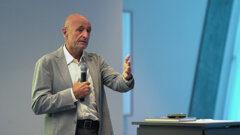
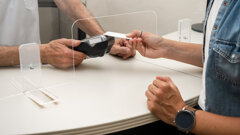


















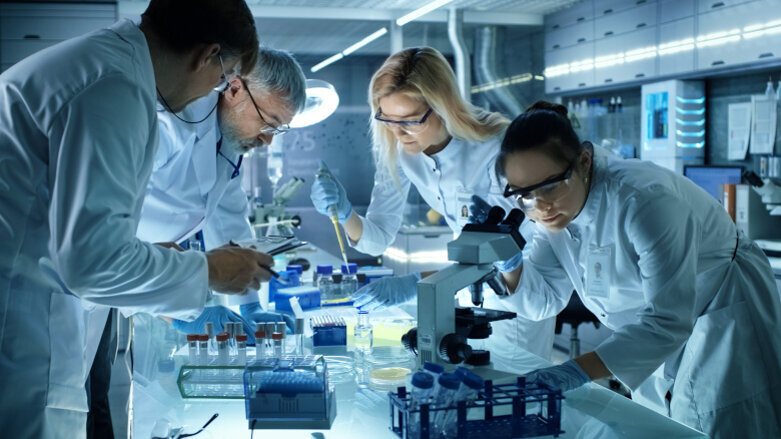



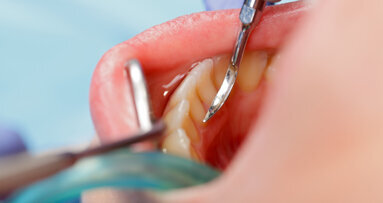
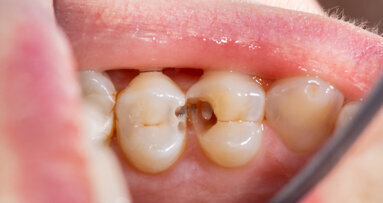
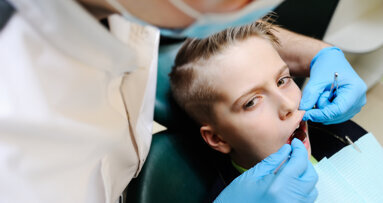
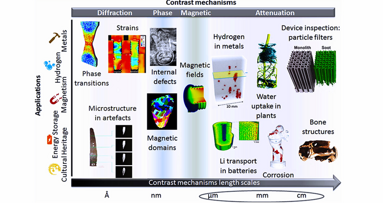


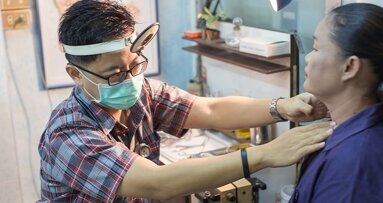


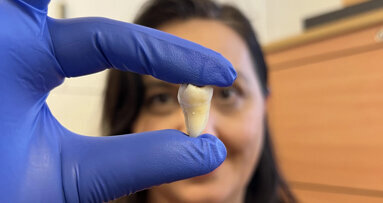







To post a reply please login or register